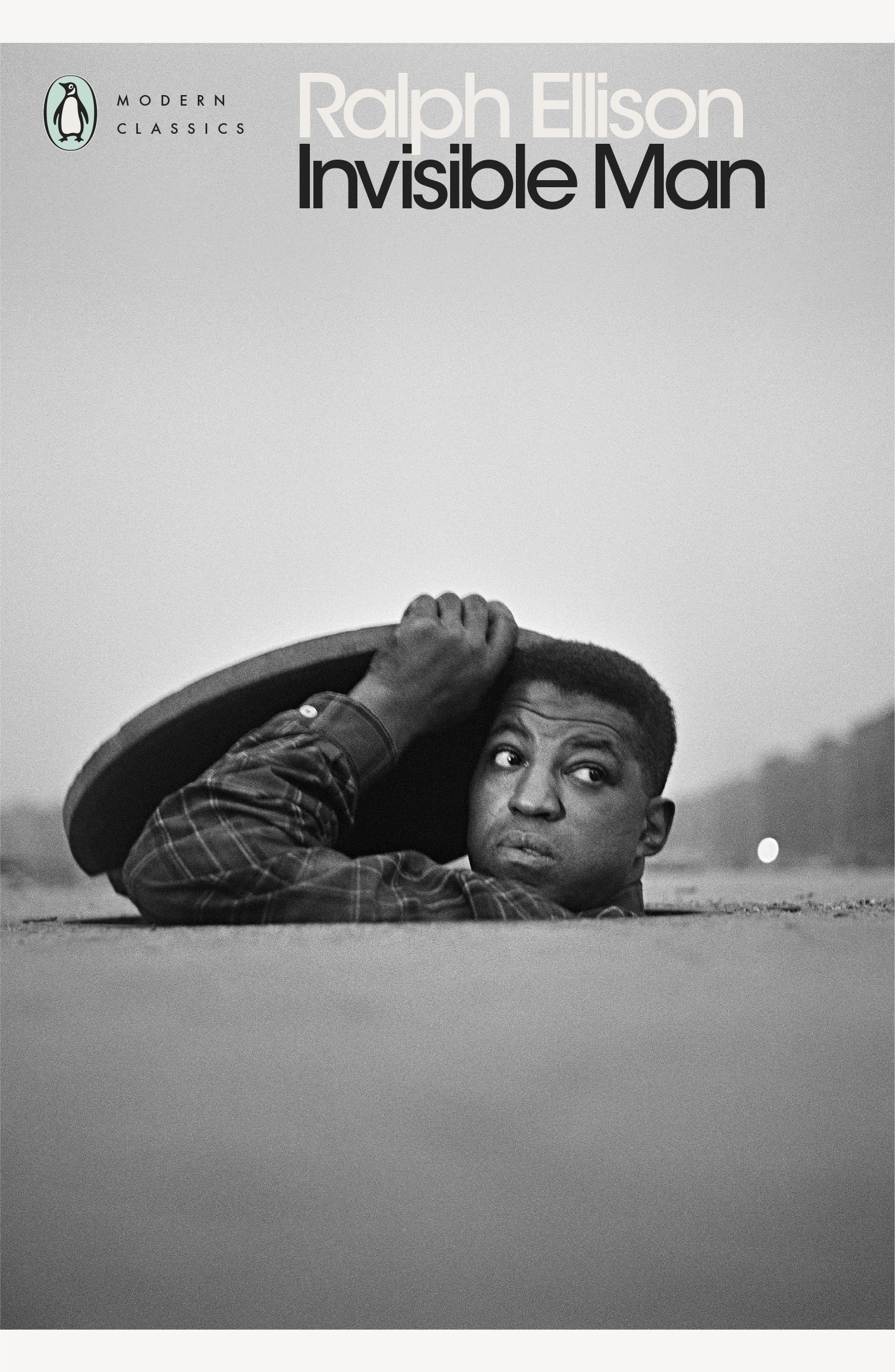

Eliot’s, of course - and that turned out to be the most influential book in his life. Just about that time, though, along came “The Waste Land” - T.S. That got him to New York, bent on exploring stone with a hammer and clay with a wire gimmick. It turned out that he was born in Oklahoma City in 1914 and spent three years at the Tuskegee Institute, where he studied music and composition. Before putting him on the record as a thinking, talking chap, it seemed a good idea to root around in his biography. Ellison has been, it must be admitted, obscure. Though up until this relatively triumphant event Mr. Invisible Man is not only a great triumph of storytelling and characterization it is a profound and uncompromising interpretation of the Negro's anomalous position in American society.The name is Ralph Ellison, heard here and there and one hopes everywhere because of his first, distinguished novel, “Invisible Man.” And to be heard of in the future, if predictions are worth anything at all.

With them he becomes involved in an amazing series of adventures, in which he is sometimes befriended but more often deceived and betrayed-as much by himself and his own illusions as by the duplicity of the blindness of others. The many people that the hero meets in the course of his wanderings are remarkably various, complex and significant. After a brief prologue, the story begins with a terrifying experience of the hero's high school days, moves quickly to the campus of a Southern Negro college and then to New York's Harlem, where most of the action takes place. It is a book that has a great deal to say and which is destined to have a great deal said about it. It is a strange story, in which many extraordinary things happen, some of them shocking and brutal, some of them pitiful and touching-yet always with elements of comedy and irony and burlesque that appear in unexpected places. Ralph Elllison's Invisible Man is a monumental novel, one that can well be called an epic of modern American Negro life.


 0 kommentar(er)
0 kommentar(er)
